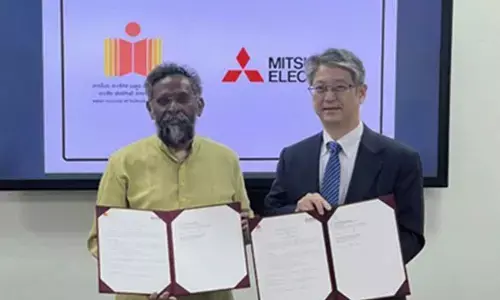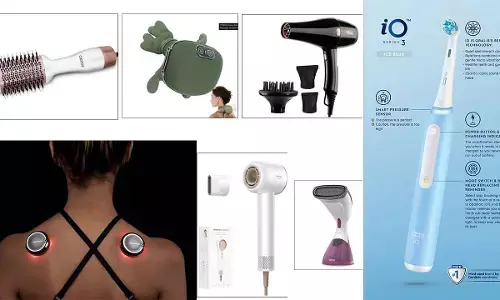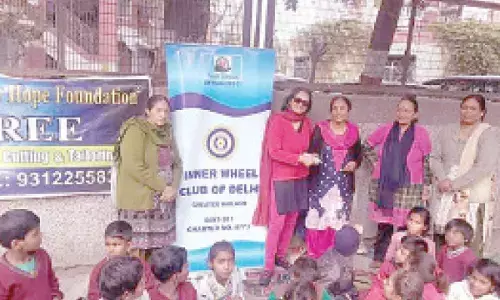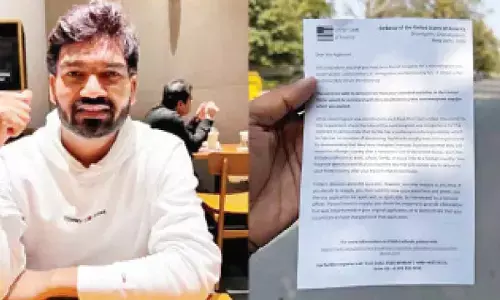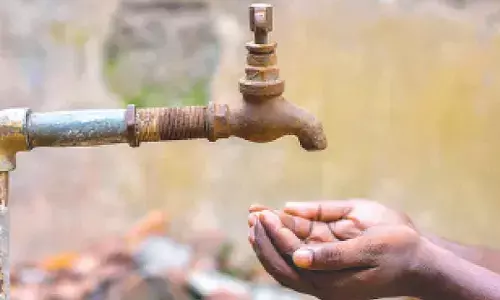New Study Reveals How Zebrafish Can Restore Damaged Heart
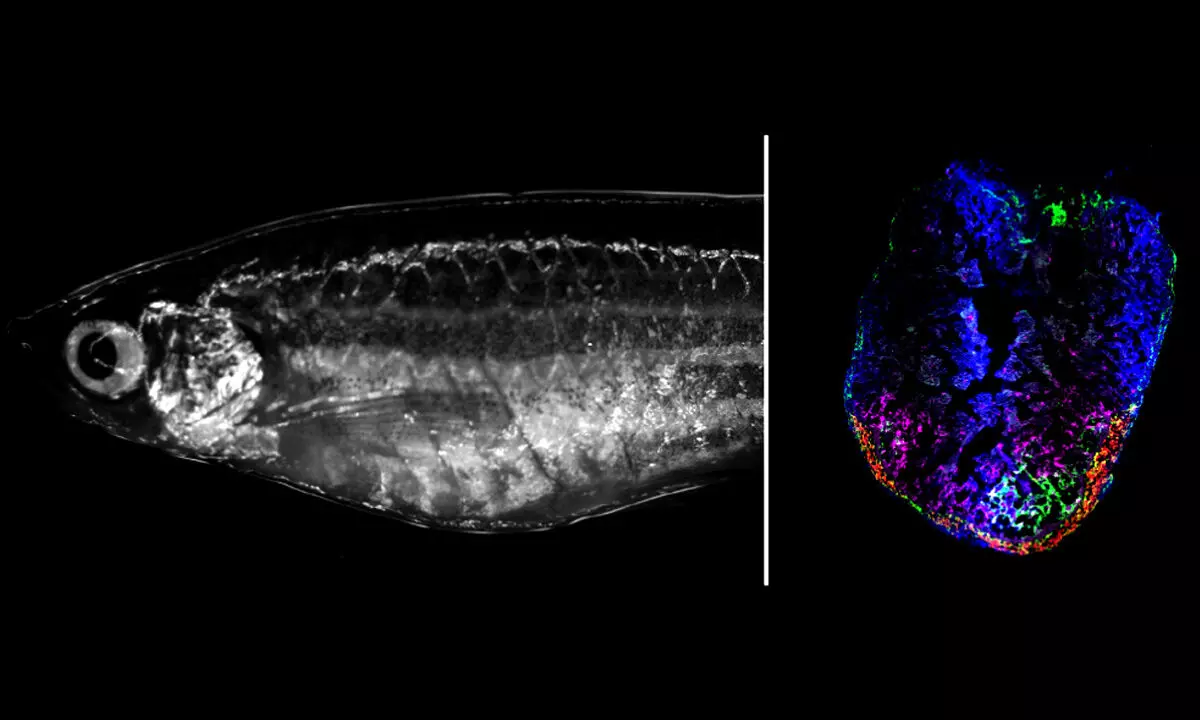
An adult zebrafish and its heart, 7 days after cryoinjury. (Panáková Lab, MDC).
- New research demonstrates how zebrafish can regenerate heart tissue after injury.
- The cardiomyocytes are harmed when they are oxygen-deprived during a heart attack, and chronic scarring takes the place of the missing muscle, making the heart weaker than it was before.
Zebrafish are amazing animals. They have the ability to develop new organs and are entirely transparent. New research demonstrates how zebrafish can regenerate heart tissue after injury. They already knew that these transparent little fish could regenerate retinal tissue in their eyes.
The chain of events leading to heart regeneration in zebrafish is described in the current work, which Junker and Daniela Panakova, a cell signalling researcher at the Max Delbrück Center for Molecular Medicine, jointly conducted.
Cardiomyocytes, the cardiac muscle cells found in the heart of zebrafish, can regenerate, but not in humans. The cardiomyocytes are harmed when they are oxygen-deprived during a heart attack, and chronic scarring (called fibrosis) takes the place of the missing muscle, making the heart weaker than it was before.
Furthermore, within two months following a heart lesion, zebrafish can recover up to 20% of their one millimeter-sized hearts.
This new research demonstrates that the zebrafish heart regeneration process is guided by connective tissue cells called fibroblasts, which also produce proteins that serve as repair signals. The latest findings are particularly exciting since they follow closely on the heels of previous promising initiatives in regenerative medicine that aim to replace or repair damaged hearts using cell-based therapies or medications that mimic chemicals found in zebrafish.
In this new study, the researchers simulated a human heart attack (also known as a myocardial infarction) by zapping the animals' tiny hearts with an extremely cold needle. They then observed what happened. The scientists next scanned over 200,000 isolated zebrafish heart cells using single-cell sequencing methods, gathering genomic data from each cell to determine which ones were active in a damaged heart.
They found that three different types of fibroblasts briefly went into an activated state, activating genes that produce proteins that help develop muscles, like collagen XII, which encourages the creation of connective tissue.
And the zebrafish's hearts did not recover when the researchers "silenced" particular genes in them. While fibroblasts may be important, earlier zebrafish studies shown that inflammatory cells known as macrophages are quick to respond to heart assaults and necessary for heart regeneration.
This new study confirms that the epicardium, the heart's outer layer, serves as a focal point for heart regeneration. The team is particularly interested in learning more about the genes that are turned on in active fibroblasts and that encode proteins that, at least in zebrafish, appear to drive the growth of heart muscle cells.
Meanwhile, for the time being, the study provides further insight into the biochemical processes taking place after a heart attack, providing knowledge that could one day assist prevent recurrent cardiac occurrences that become riskier following the initial attack.
Next Story



